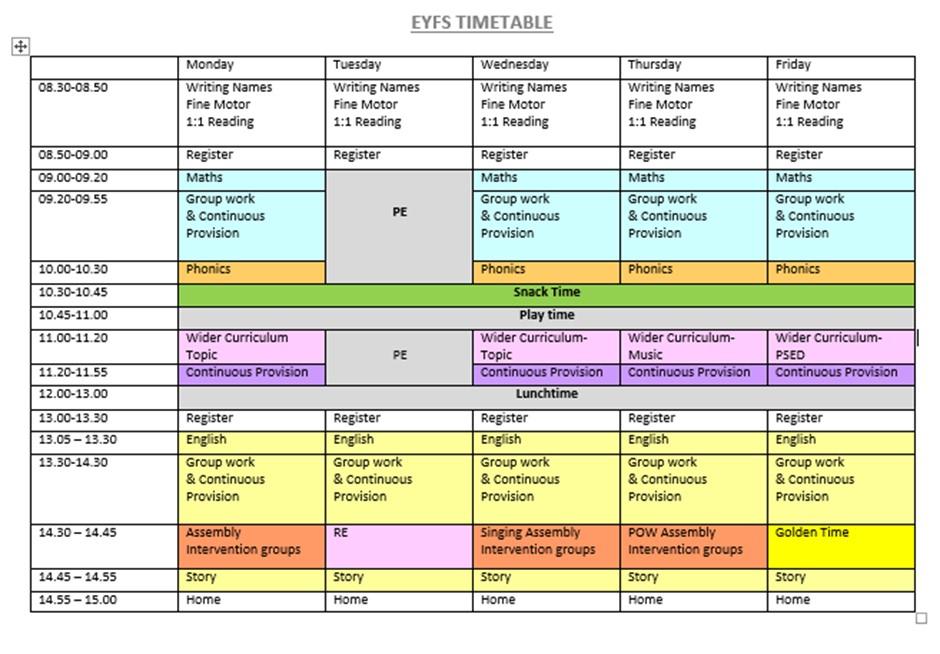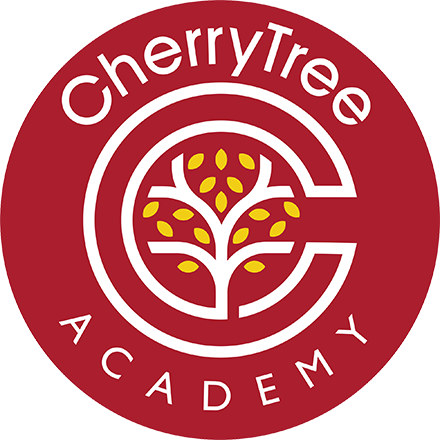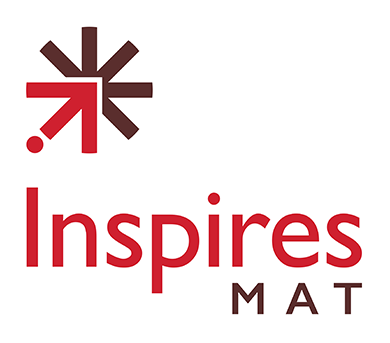EYFS
At Cherry Tree Academy we adhere to the statutory framework of the Early Years Foundation Stage (EYFS) and the four guiding principles that shape the practice within the setting.
The EYFS Principles
The EYFS is based upon four principles:
- A Unique Child
- Positive Relationships
- Enabling Environments
- Learning and Development
A Unique Child
We understand that all children are unique and learn in different ways and at different rates. We aim to work closely with parents and professionals from other settings to form a strong understanding of all children that join our Reception class. This ensures that we provide an Early Years education that;
- Builds on what our children already know and can do;
- Ensures that every child is included and supported, leaving no child excluded or disadvantaged;
- Challenges the learning needs of each child, aiding their educational and social development
- Acknowledges the importance of a full working partnership with parents and carers.
- Nurtures and develops the self-esteem of all children, through a happy, safe, stimulating and challenging curriculum.
Positive Relationships
We aim to develop caring, respectful, professional relationships with the children and their families through:
- Inviting all parents and new Reception starters to a Transition event that takes place during the Summer term before the children start school. During this event, parents will attend an information meeting whilst the children spend time in their new classroom with the team and their peers.
- Hosting a 'getting to know you' meeting for parents to discuss their children and give them a chance to ask questions.
- Holding a parent consultation early in the academic year to establish how a child is settling into the school environment.
- Written contact through Tapestry, Reading Records and school newsletters.
- Inviting parents/carers to attend informal meetings about areas of the curriculum, such as phonics or reading.
- Sending a written report on their child’s attainment and progress at the end of their time in reception.
Enabling Environments
At Cherry Tree the environment plays a key role in supporting and extending the children’s development. The children have daily access to an indoor and outdoor environment. Children have opportunities to direct their own learning with planned continuous provision opportunities provided by staff.
Learning and Development (The EYFS Curriculum)
There are seven areas of learning in the EYFS curriculum:
Prime Areas:
● Communication and Language - This area of learning includes speaking and listening. The children will be encouraged to develop their expressive language, skills and their awareness of who they are speaking to. There will also be emphasis on developing listening skills in conversations and in larger group times.
● Physical Development - This is about improving skills of co-ordination, control, manipulation and movement. In this area children learn to recognise the importance of keeping healthy and about the effects of exercise on their bodies.
● Personal, Social and Emotional Development - In this area we look at children’s attitudes, social skills, attention skills, and the way that they interact with one another. Their emotional development is nurtured. This area of the curriculum is embedded in every activity we do. Circle Time sessions offer an opportunity to discuss topics such as feelings, friendships and rules.
Specific areas:
● Literacy- In this area we will be focusing on children’s love of books and immersing them in children’s literature. We will teach children to decode and spell words through the use of a structured phonics programme. We will also be making marks and writing for a purpose.
● Mathematics - This area of learning includes counting, sorting, matching, seeking patterns, making connections, recognising relationships and working with numbers, shapes, space and measures. A great emphasis is placed on children using their skills to solve problems.
● Understanding the World - In this area of learning, children develop knowledge, skills and understanding that help them to make sense of the world in which they live. This forms the foundation for later work in Science, Design and Technology, History, Geography and ICT.
● Expressive Arts and Design- This area of learning includes Art, Music, Dance, Role Play and Imaginative Play. Creative development is fundamental to successful learning as it enables children to make connections between one area of learning and another.
Characteristics of Effective Learning
Playing and Exploring
Through play, children explore and develop learning experiences which help them to make sense of the world.
Active Learning
Children learn best through physical and mental challenges involving other people, objects, ideas and events. Active learning occurs when children are motivated and interested. We encourage children to make their own decisions to develop their confidence and independence.
Creativity and Thinking Critically
We give children opportunities to be creative in all areas of learning. Adults support children’s thinking and help them to make connections by showing interest, offering encouragement, clarifying ideas and asking open questions. Children access resources freely and may choose to move them around the classroom to extend their learning.

Spring Term topics

Summer Term topics



